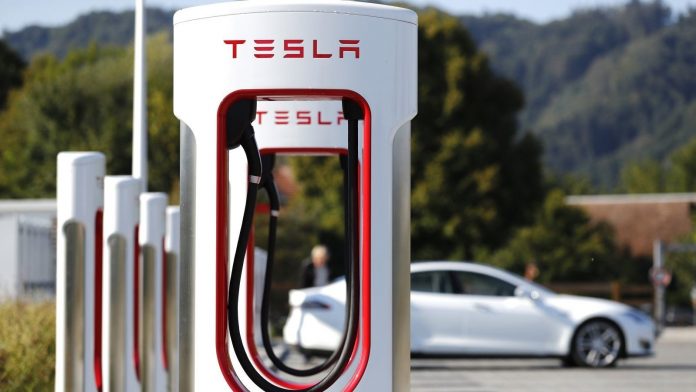Electric vehicle adoption could be stymied by a lack of charging infrastructure and low customer satisfaction scores, according to a new study by J.D. Power.
In the company’s Electric Vehicle Experience Public Charging Study, customer satisfaction scores for nearly all aspects of EV chargers declined from the previous year. J.D. Power’s research analyzed consumer experiences with both DC fast chargers (capable of charging most models in less than an hour) and Level 2 chargers (capable of charging most models over multiple hours). Both segments saw their ratings decline, with DC stations seeing a 20-point drop and Level 2 seeing a 16-point drop. Station outages, unreliable chargers, long wait times and lack of amenities were notable pain points among participants. Should these issues remain unaddressed, rapid electric vehicle adoption could be unattainable.
Consumers are also faced with another issue. Although both private and public programs have sought to scale the nation’s charging infrastructure, drivers are still facing a shortage of accessible stations. Range anxiety is a key obstacle to electric vehicle adoption and is especially prevalent in less densely populated states where pit stops can be few and far between. Should the automotive industry, charging industry and federal government fail to accommodate the anticipated increase in EV demand, researchers worry that the transition from gas-powered cars will ultimately fail.
While a majority of charging providers saw consumer satisfaction decrease, one brand did see relatively positive scores. Tesla, with its North American Charging Standard (NACS), saw higher approval ratings than any other brand. J.D. Power notes that Tesla owners who used a third-party charger rated their experiences 200 points lower on average than when they opted for the EV brand’s proprietary stations. The NACS is gaining more popularity among automakers and could become the nation’s preferred method. This could prove to be critical for feeding electric vehicle adoption. Brent Gruver, executive director of the EV practice at J.D. Power, noted that the standard “may provide a boost in fast-charging satisfaction among owners of EVs from other brands…the move does help address charger scarcity and offer access to industry-leading reliable chargers.”



